Outer Space & Universe
Outer Space & Universe
Space, also known as outer space, is the near-vacuum between celestial bodies. It is where everything (all of the planets, stars, galaxies and other objects) is found.
On Earth, space begins at the Kármán line (100 km above sea level). This is where Earth's atmosphere is said to stop and outer space begins. This is not a firm boundary but is a convention used by scientists and diplomats.
Items in space are free to move back and forth; up and down; and left and right. These three dimensions are what make 3D space. Items also move forward through time, which is sometimes called the fourth dimension.
The majority of space contains very little matter and so most of it is a vacuum. Scientists do not know how big space is but we do know that space is extremely big, and is always expanding.
According to the big bang theory, all matter and energy in the Universe was compressed into a very small space. Then it exploded and started expanding. Space is still growing in size today; this means the distance from one galaxy to distant galaxies is getting longer.
Gravity is the force that keeps the Moon in orbit around the Earth and the planets in orbit around the Sun. Gravity can stretch and bend space similar to how a heavy ball placed on a stretched sheet of rubber will cause the rubber to stretch. The scientist who discovered that space can bend is named Albert Einstein. How gravity bends space is part of his theory of general relativity.
Astronauts, Cosmonauts, Taikonauts and Spationauts
An astronaut is any person who is trained by NASA to travel and perform tasks in space. Although the space traveler may not necessarily be a United States citizen, each astronaut does go through a rigorous training regiment by the National Aeronautics and Space Administration. Other space travelers go by other names then astronaut depending on their country of origin.
In the United States, astronaut is derived from the Greek words ástron (star) and nautis (sailor). While, in Russia, a space traveler goes by the name космонавт (English: cosmonaut), which is derived from the Greek words kosmos (universe) and nautis (sailor). Westerners call a space traveler from China a taikonaut, based on the 1998 writings of Chiew Lee Yik and Chen Lan where the term tàikōng (great emptiness), Chinese for “space”. In China, the term yuháng yuán (universe navigator) is used for space traveler.
Only the United States of America (United States), Russia (earlier, the Union of Soviet Socialist Republics), and the People’s Republic of China (China) have sent manned spacecraft into space. Other countries have assisted these countries by sending their own space travelers on space missions. For instance, a French space traveler is called a spationaut (from the French word spationaute), which is derived from the Latin spatium (space) and Greek nautis (sailor). (plural in Greek nautes = sailors)
-
15:28 New
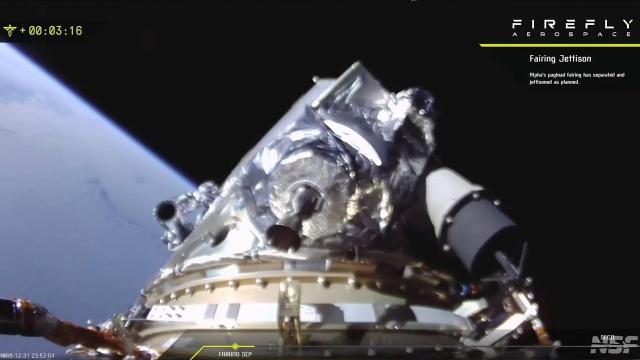
Blastoff! Firefly launches Alpha rocket for 6th time - "Mishap" impacts engine nozzle
Added 5 Views / 0 LikesFirefly's Alpha rocket lifted off from California's Vandenberg Space Force Base on April 29, 2025 at 9:37 a.m. EDT (1337 GMT; 6:37 a.m. local California time). Full Story: https://www.space.com/space-exploration/launches-spacecraft/firefly-aerospace-alpha
-
10:20 New

Blastoff! Vega-C rocket launches ESA's 'Biomass' forest-monitoring satellite
Added 7 Views / 0 LikesAn Arianespace Vega-C rocket launched the European Space Agency's (ESA) Biomass spacecraft from Kourou, French Guiana on April 29, 2025 at 5:15 a.m. EDT (0915 GMT; 6:15 a.m. local time in Korea). Credit: Arianespace
-
09:02 New
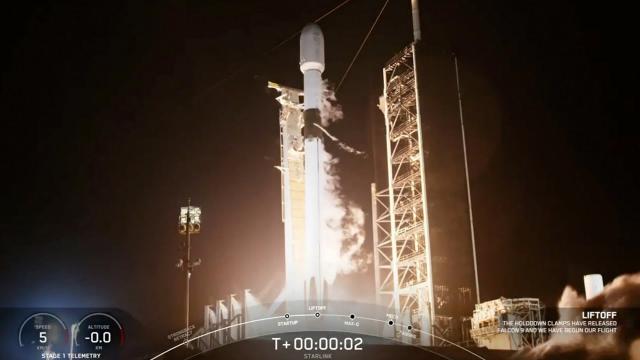
Blastoff! SpaceX launches Starlink batch to complete doubleheader, nails landing
Added 4 Views / 0 LikesA SpaceX Falcon 9 rocket launched 23 Starlink satellites — including 13 with direct-to-cell capability — from NASA's Kennedy Space Center in Florida on April 28, 2025 at 10:34 p.m. EDT (0234 GMT on April 29)."It was the second Starlink group to fly today;
-
08:04 New
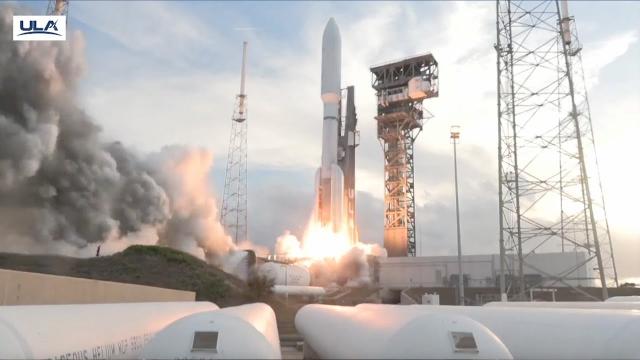
Blastoff! Amazon's 'Project Kuiper' internet satellites launched by Atlas V rocket
Added 7 Views / 0 LikesA United Launch Alliance (ULA) Atlas V rocket launched 27 of Amazon's "Project Kuiper" broadband satellites from Florida's Cape Canaveral Space Force Station in Florida on April 28, 2025 at 7:01 p.m. EDT (2301 GMT). Credit: ULA
-
09:12 New
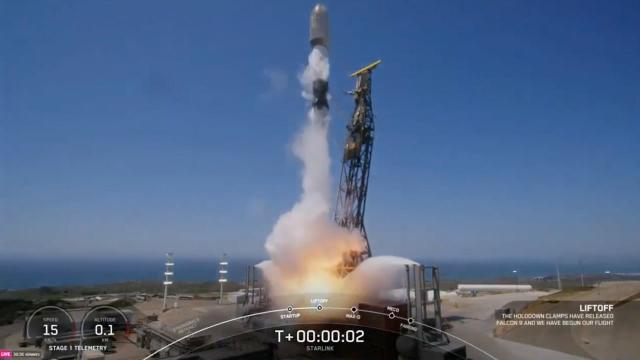
Blastoff! SpaceX launches Starlink satellites from California, nails landing
Added 5 Views / 0 LikesA SpaceX Falcon 9 rocket launched the Starlink 11-9 mission from Space Launch Complex-4E (SLC-4E) at Vandenberg Space Force Base in California on April 28, 2025 at 4:42 p.m. EDT (2042 GMT; 1:42 p.m. local time). [Full Story](https://www.space.com/space-ex
-
02:32 New
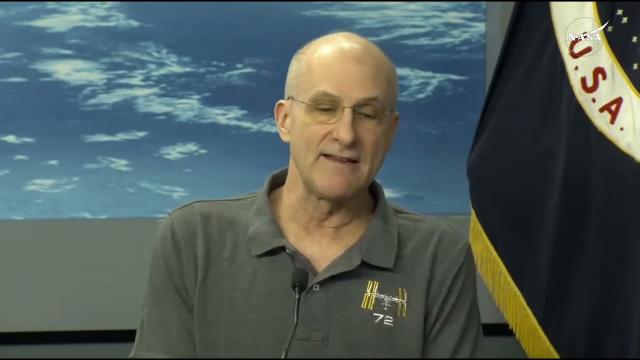
NASA astronaut Don Pettit 'was not a happy camper' after landing back on Earth
Added 4 Views / 0 LikesNASA astronaut didn't feel too great after landing back on Earth about a Soyuz capsule on April 19, 2025.Credit: NASA
-
00:30 New
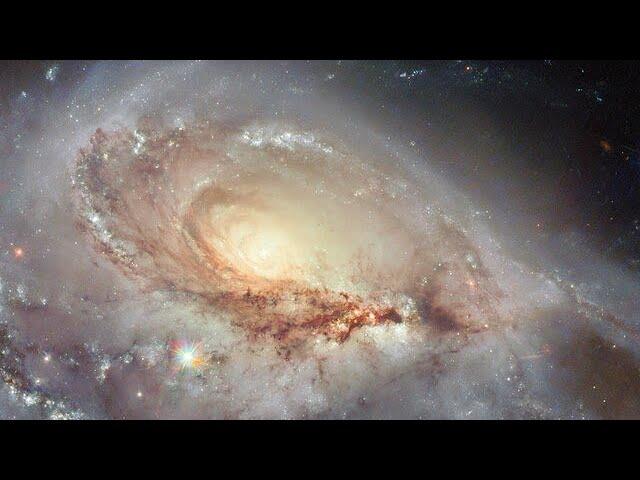
Pan video: Arp 184
Added 5 Views / 0 LikesA beautiful but skewed spiral galaxy dazzles in today’s NASA/ESA Hubble Space Telescope Picture of the Week. This galaxy, called Arp 184 or NGC 1961, sits about 190 million light-years away from Earth in the constellation Camelopardalis (The Giraffe).The
-
01:15 New

China's Shenzhou-19 crew hands over command of Tiangong space station
Added 7 Views / 0 LikesShenzhou-19 commander Cai Xuzhe hands over command of the Tiangong space station to Shenzhou-20 commander Chen Dong in a ceremony on April 27, 2025. The Shenzhou-19 crew is scheduled to return to Earth on April 29. Credit: Space.com | footage courtesy: Ch
-
09:02 New
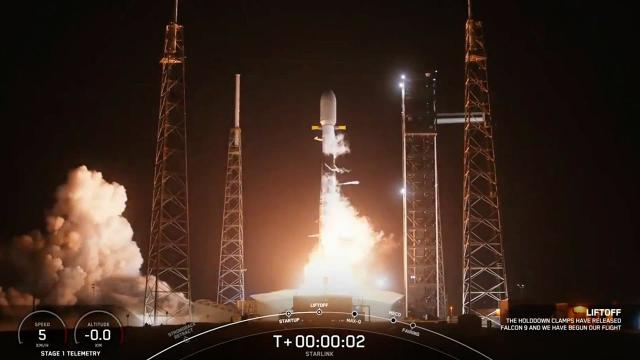
Blastoff! SpaceX launches dedicated Starlink mission for 250th time, nails landing
Added 7 Views / 0 LikesA SpaceX Falcon 9 rocket launched 23 Starlink satellites — including 13 with direct-to-cell capability — from Florida's Cape Canaveral Space Force Station on Sunday at 10:09 p.m. EDT (0209 GMT on Monday, April 28). Full Story: https://www.space.com/space-
-
New
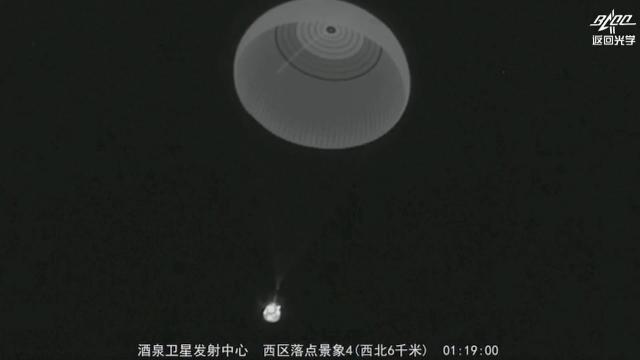
Watch live! China's Shenzhou 19 crew returns to Earth from Tiangong space station
Added 7 Views / 0 LikesChina's Shenzhou 19 crew, Cai Xuzhe, Song Lingdong and Wang Haoze are scheduled to land at the Dongfeng landing site in north China's Inner Mongolia Autonomous Region on April 29, 2024. Credit: China Central Television (CCTV)
-
01:00 New
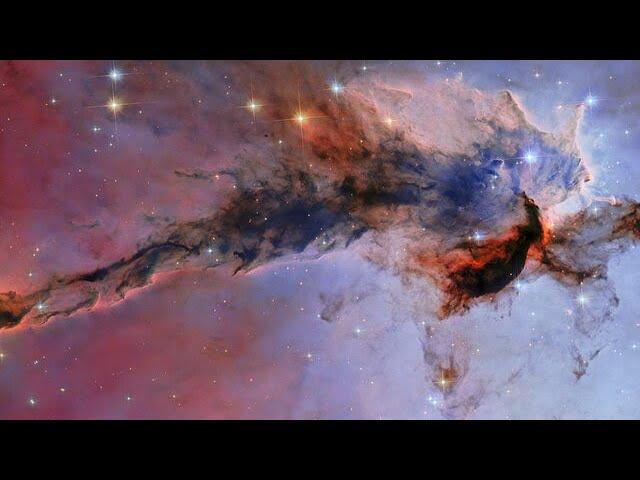
Pan of the Eagle Nebula
Added 7 Views / 0 LikesThis towering structure of billowing gas and dark, obscuring dust might only be a small portion of the Eagle Nebula, but it is no less majestic in appearance for it. 9.5 light-years tall and 7000 light-years distant from Earth, this dusty sculpture is ref
-
01:00 New
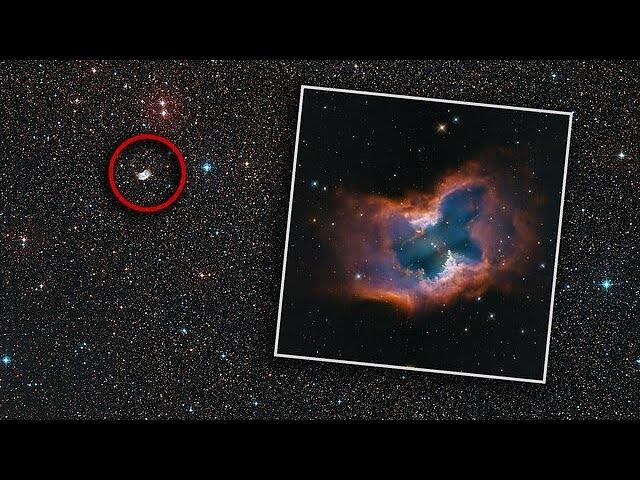
Zoom into the planetary nebula NGC 2899
Added 5 Views / 0 LikesThis video takes the viewer through space to reveal a new NASA/ESA Hubble Space Telescope image that captures the beauty of the moth-like planetary nebula NGC 2899. This object has a diagonal, bipolar, cylindrical outflow of gas. This is propelled by radi
-
00:34 New
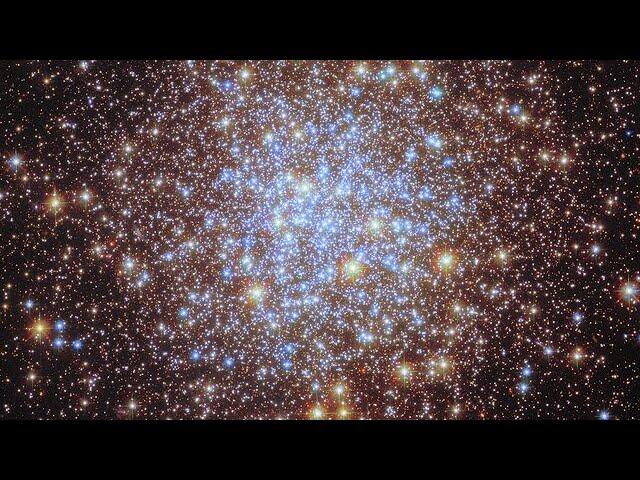
Pan: Messier 72
Added 8 Views / 0 LikesAs part of ESA/Hubble’s 35th anniversary celebrations, a new image series has been shared throughout April to revisit stunning Hubble targets that were previously released. New images of NGC 346, the Sombrero Galaxy, and the Eagle Nebula have already been
-
03:17 New
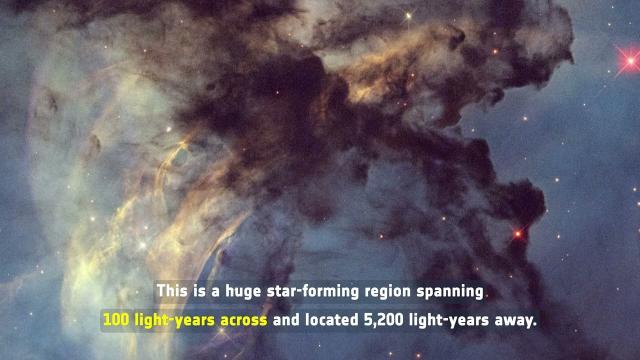
Space Sparks episode
Added 4 Views / 0 LikesThis Space Sparks episode celebrates the 35th anniversary of the NASA/ESA Hubble Space Telescope by showcasing four beautiful new images.More information and download options: http://esahubble.org/videos/heic2505a/Credit:Directed by: Bethany Downer and Ni
-
01:59 New
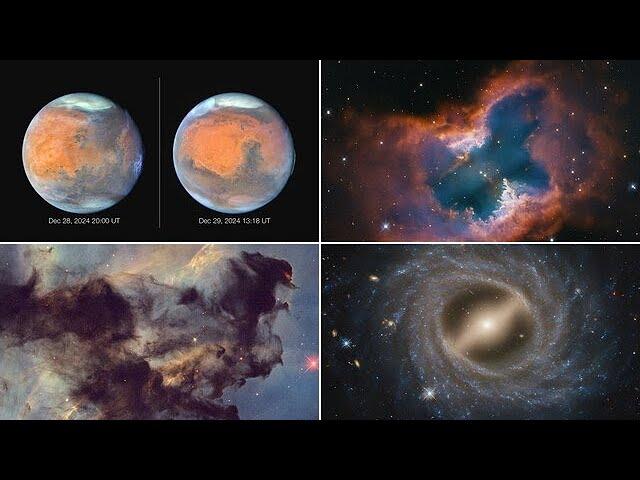
Hubble celebrates 35th anniversary
Added 8 Views / 0 LikesIn celebration of the NASA/ESA Hubble Space Telescope’s 35 years in Earth orbit, an assortment of compelling images have been released today that were recently taken by Hubble. This stretches from the planet Mars, to dramatic images of stellar birth, and
-
00:30 New

Pan: Rosette Nebula
Added 4 Views / 0 LikesThis is a Hubble Space Telescope photo of a small portion of the Rosette Nebula, a huge star-forming region spanning 100 light-years across and located 5,200 light-years away. Hubble zooms into a small portion of the nebula that is only 4 light-years acro
-
00:30 New
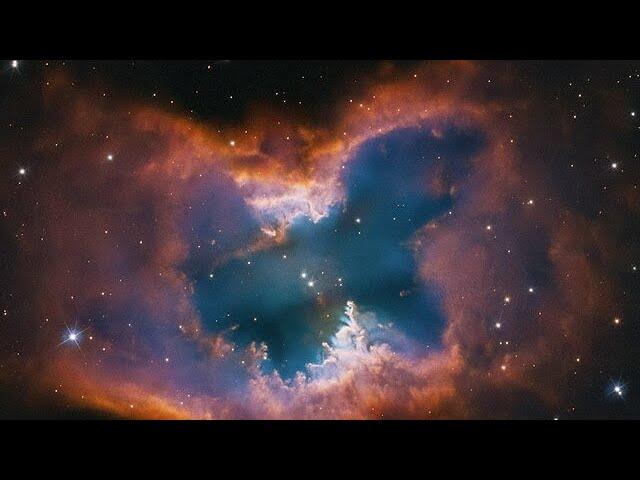
Pan: Planetary nebula NGC 2899
Added 4 Views / 0 LikesThis Hubble Space Telescope image captures the beauty of the moth-like planetary nebula NGC 2899. This object has a diagonal, bipolar, cylindrical outflow of gas. This is propelled by radiation and stellar winds from a nearly 22 000 degree Celsius white d
-
00:30 New
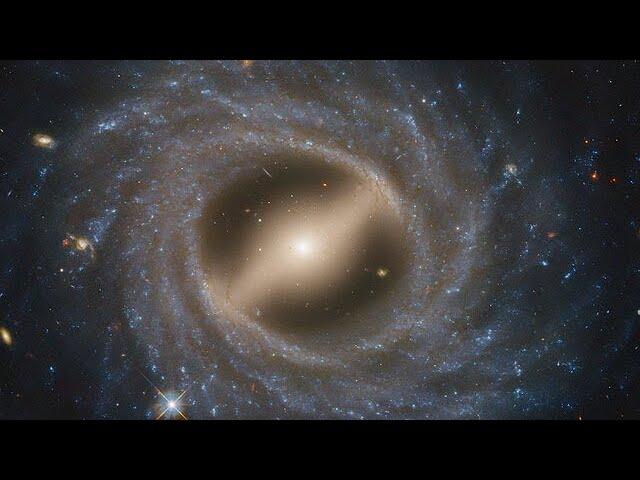
Pan: NGC 5335
Added 6 Views / 0 LikesThe Hubble Space Telescope captured in exquisite detail a face-on view of a remarkable-looking galaxy. NGC 5335 is categorized as a flocculent spiral galaxy with patchy streamers of star formation across its disk. There is a striking lack of well-defined
-
00:30 New
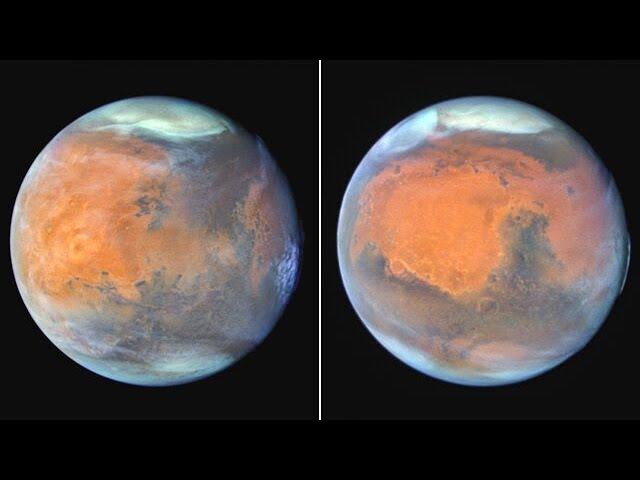
Pan: Mars (December 2024)
Added 8 Views / 0 LikesThis is a combination of Hubble Space Telescope images of Mars taken from December 28th to 30th, 2024. At the midpoint of the observations, Mars was approximately 98 million kilometres from Earth. Thin water-ice clouds that are apparent in ultraviolet lig
-
13:12 New
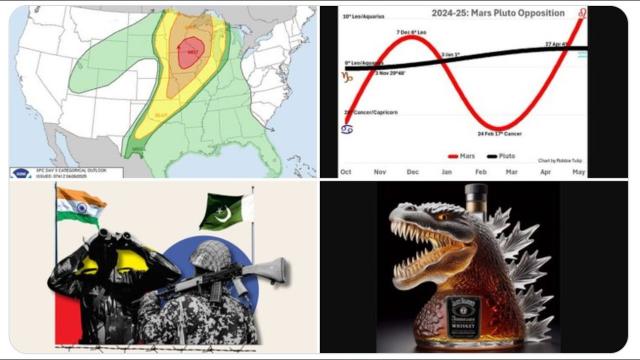
RED ALERT! Mars & Pluto's 3rd Opposition is today! & Very Wild Dangerous Weather Monday! + new color
Added 17 Views / 0 Likesstay cool & play defense.God bless everyone,Thttps://www.paypal.me/THORnewshttps://venmo.com/TEric-Lewisonhttps://www.patreon.com/thornews
